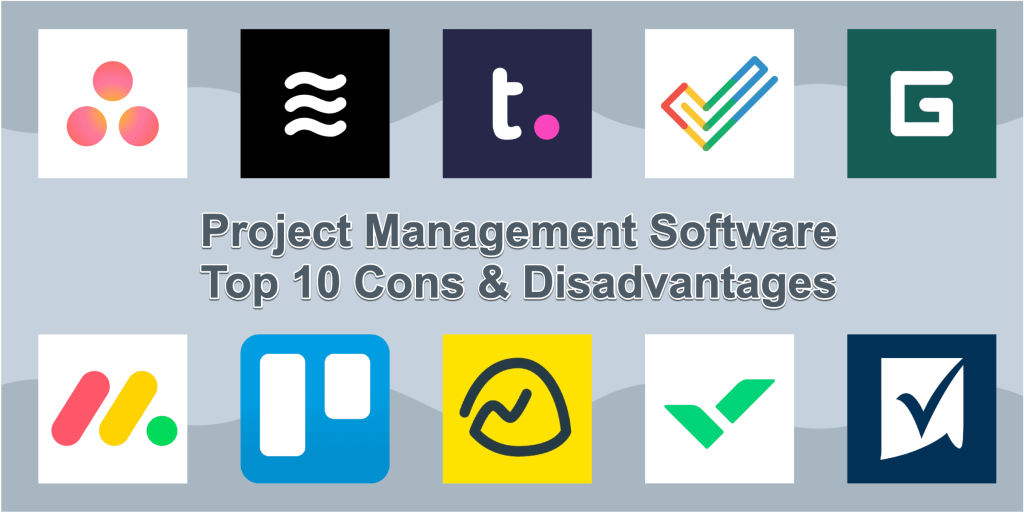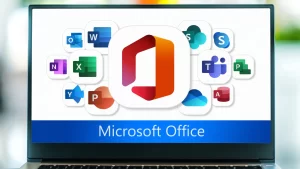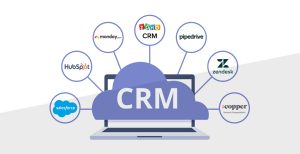
project management software
Project management software has become an indispensable tool for businesses of all sizes, helping teams to plan, organize, and execute projects efficiently. By providing a centralized platform for collaboration, communication, and task management, project management software can significantly improve productivity and reduce the risk of project failure.
Key Features of Project Management Software
- Task Management: Create, assign, and track tasks, set due dates, and prioritize workloads.
- Project Planning: Develop project plans, set milestones, and create timelines.
- Collaboration: Facilitate communication and collaboration among team members, both within and outside the organization.
- Resource Management: Allocate resources effectively, track utilization, and prevent bottlenecks.
- Time Tracking: Monitor time spent on tasks, track billable hours, and generate reports.
- Reporting: Generate customizable reports to track project progress, identify risks, and make data-driven decisions.
- Integration: Integrate with other business applications, such as email, calendars, and accounting software.
Benefits of Using Project Management Software
- Improved Productivity: Streamline workflows, reduce manual tasks, and increase efficiency.
- Enhanced Collaboration: Foster communication and teamwork among team members.
- Better Visibility: Gain real-time insights into project progress and identify potential issues early on.
- Increased Accountability: Assign tasks to specific team members and track their progress.
- Reduced Risk: Mitigate risks and prevent project failures through effective planning and monitoring.
- Improved Decision Making: Make data-driven decisions based on project metrics and reports.
Choosing the Right Project Management Software
When selecting project management software, consider the following factors:
- Features: Identify the specific features that are most important to your team, such as task management, collaboration, or time tracking.
- Scalability: Ensure the software can accommodate your team’s growth and changing needs.
- Integration: Check if the software integrates with your existing tools and systems.
- Ease of Use: Look for a user-friendly interface that is intuitive and easy to learn.
- Cost: Consider the cost of the software, including licensing fees, maintenance costs, and potential customization expenses.
Popular Project Management Software Options
There are numerous project management software options available, each with its own unique features and benefits. Some of the most popular options include:
- Asana
- Basecamp
- Monday.com
- Trello
- Jira
- Microsoft Project
By carefully evaluating your needs and considering the available options, you can select the project management software that best suits your team and helps you achieve your project goals.






